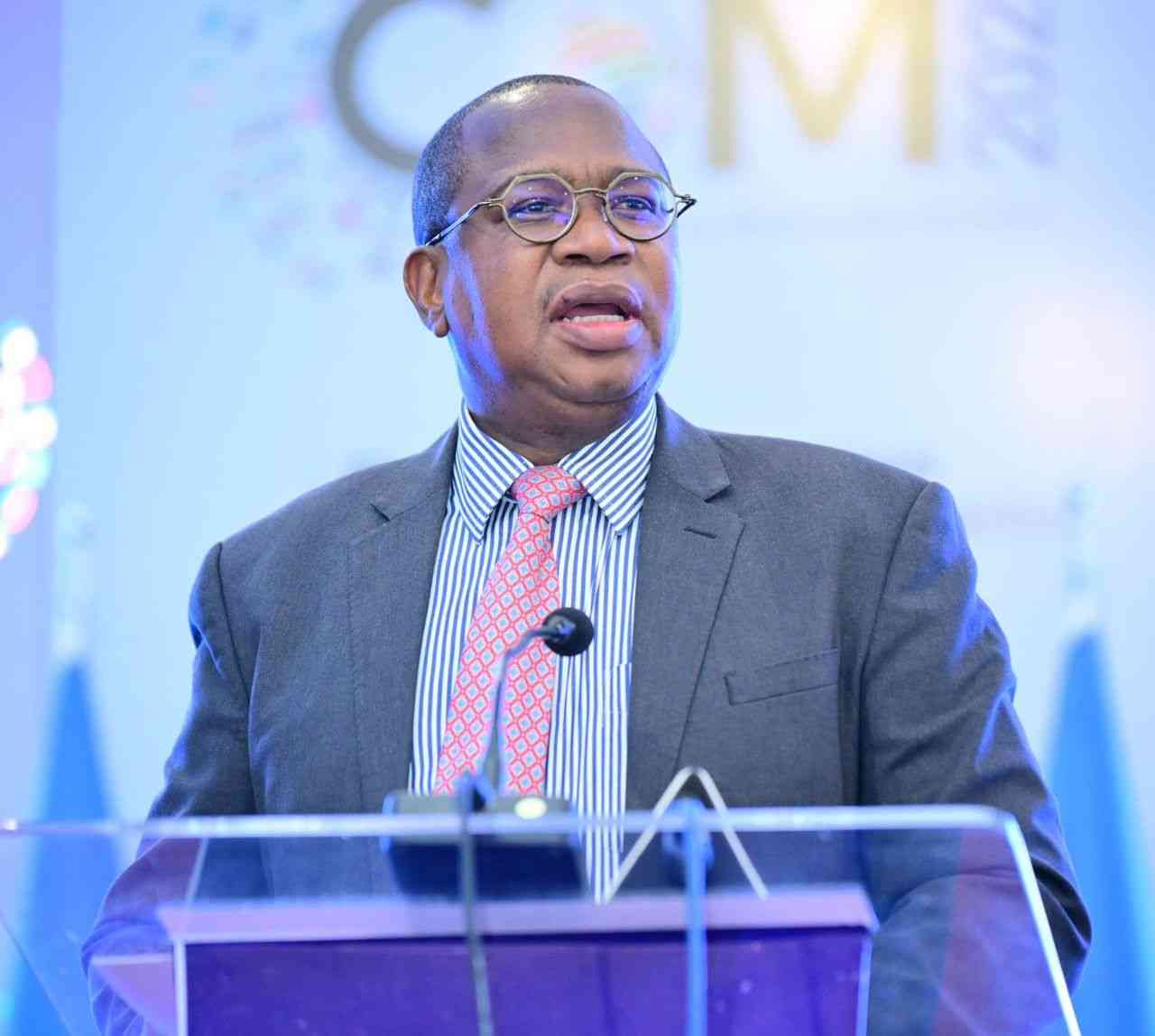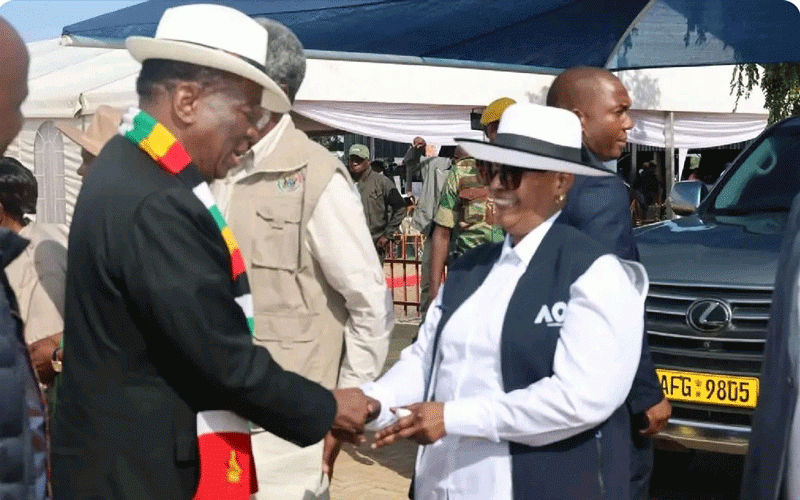
AMALGAMATED Regional Trading Holdings (ART) recorded a 42% increase in revenues for the half year ended March 31, 2023 due to a once-off reorganisation and plant optimisation costs in the paper business.
In a statement accompanying the firm's financial results, ART chairman Thomas Wushe said the revenues increased to $15 billion in inflation- adjusted terms.
Overall, volumes for the company for the half year declined by 9%.
“The frequent price movements in response to inflation and the depreciation of the local currency affected trading and demand.
“Export volumes fell by 30% due to product shortages and the prioritisation of the local market,” Wushe said.
Group margins at 43% remained strong despite pressure from rising operating costs, he noted.
“Profitability was dampened by once off reorganisation and plant optimisation costs in the paper business. The delay in the completion of the paper projects necessitated the restructuring of borrowings, further increasing the group's exposure to adverse exchange rate movements,” the chairman said.
ART recorded an exchange loss of $1, 976 billion during the period.
- ART records a 42% increase in revenue
- ART turns focus on exports to hedge against exchange rate volatility
- Industry perm sec defends ‘structured currency’
Keep Reading
Overall hard currency sales increased and improved the ability of the business to meet its foreign currency commitments, which had an impact on the group's profitability as foreign currency sales were recognised at the official auction exchange rate.
“The board estimates that for the half year, the group's revenues at US$22,2 million declined by 8% compared to prior year whilst operating profit decreased to US$1, 3 million,” Wushe added.
The batteries division was affected by load shedding and suffered a five-week fire induced outage at the Workington factory.
Export orders were suspended as the local market was prioritised during this period and volumes fell by 8% compared to prior year.
Support from its various partners allowed ART to reduce the backlog of orders for solar and industrial batteries.
The demand for batteries in the region remained strong. However, foreign currency shortages persisted in Malawi.
Paper volumes decreased by 17% compared to the same period last year.
“The new Tissue Mill PM2 was successfully commissioned but could not be run fully during the period.
“The focus on cost containment and efficiencies is expected to restore profitability in the second half of the year."
He added: "The export order book for bulk tissue is firm whilst tissue sales in the local market continue to be impacted by the unfavourable terms in the formal retail sector."
Eversharp pen volumes decreased by 7% due to raw material supply chain delays and power shortages.
The brand benefited from the strong performance in the informal sector and the availability of stationery trading lines.
Timber sales volumes declined by 20% compared to the prior year as the business opted to preserve value given the pricing distortions that characterised the market and the division also launched its industrial pallets and closed the period with a firm order book.










